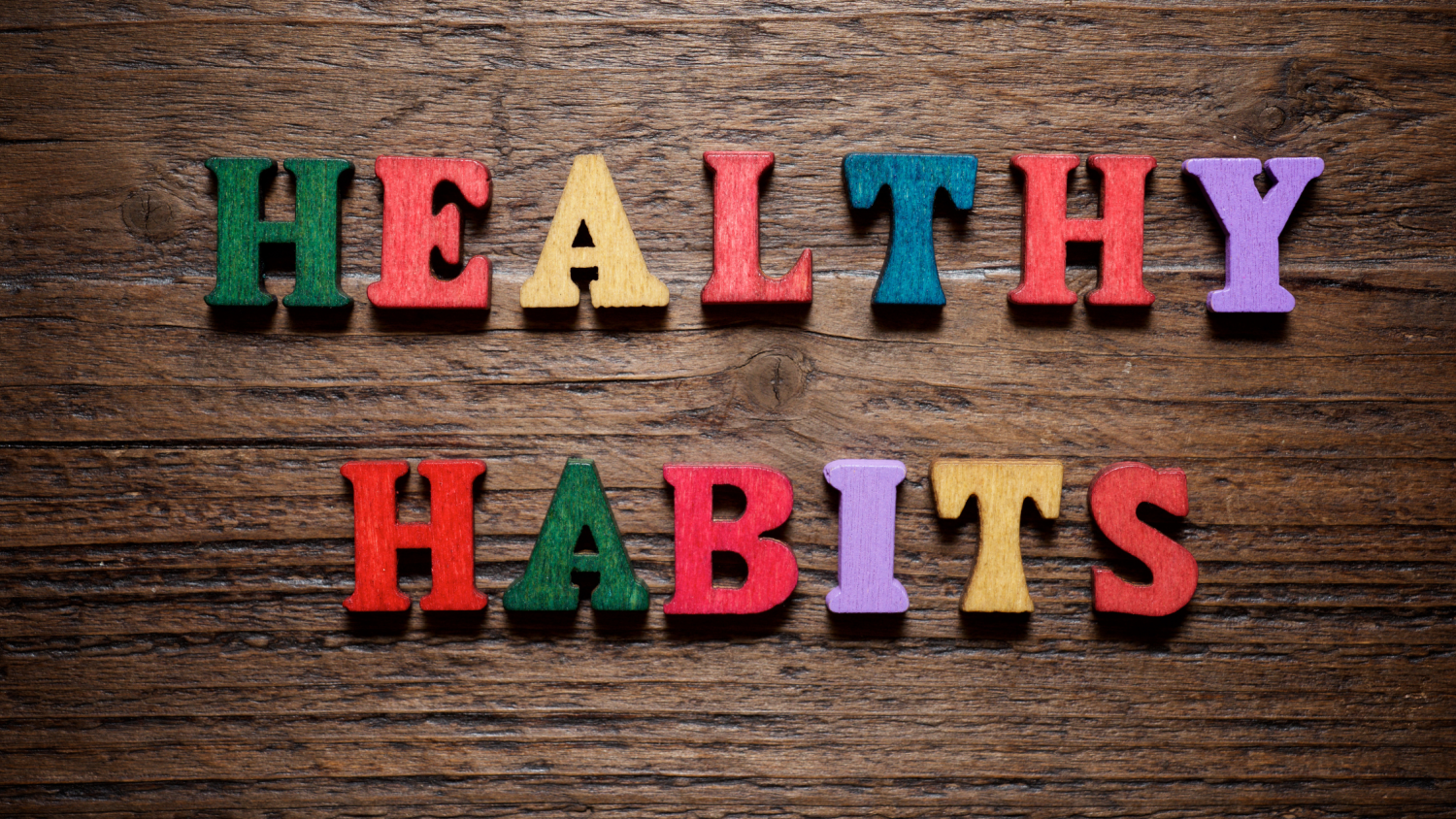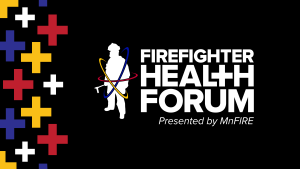Contributed by Nicholas E. Blonien, D.O.
Research and firefighter wellness initiatives, like the Minnesota Firefighter Initiative (MnFIRE), have worked hard to spotlight the pervasive occupational stressors across the fire service: shiftwork, fatigue, hazardous exposures, psychosocial trauma and more. Collectively, these stressors increase the risk for injury, cardiometabolic disease, cancer and mental illness.
While awareness and support for firefighter well-being is increasing and the drive for organizational change seems stronger than ever, large-scale changes take time and money. So how can firefighters take action now? Understanding the basic science of behavioral change can be a good place to start.
Dr. BJ Fogg is a leading behavioral scientist who founded the Behavior Design Lab at Stanford University and wrote the best-selling book Tiny Habits. His Behavior Model has been most successful in helping individuals initiate and sustain behavioral change. The model focuses on simplicity and three key elements that must be present in order for behavioral change to occur: motivation, ability and a call to action, or a prompt.
Behavior (B) = Motivation (M) Ability (A) Prompt (P)
Fogg’s Behavior Model states that in order to achieve behavior changes, people must be motivated to do so. They must also have the ability and resources to do so, and be prompted to initiate the change. Without motivation, ability and a prompt, behavior will not change.
Making lasting behavioral improvements for healthier living in the demands of the fire service is challenging. For firefighters looking to exercise more, eat healthier, sleep better, manage stress more intently, or simply start on a clearer path to well-being and resilience, the journey may begin with building tiny habits.
Train your department on firefighter well-being
Learn more about shifting the culture and building healthier habits in free training classes provided to your department by MnFIRE. These two-hour sessions are available whenever it’s convenient for your department and focus on important health topics like cardiac, cancer and emotional wellness, among others. Sign up your department for a FREE training here.








